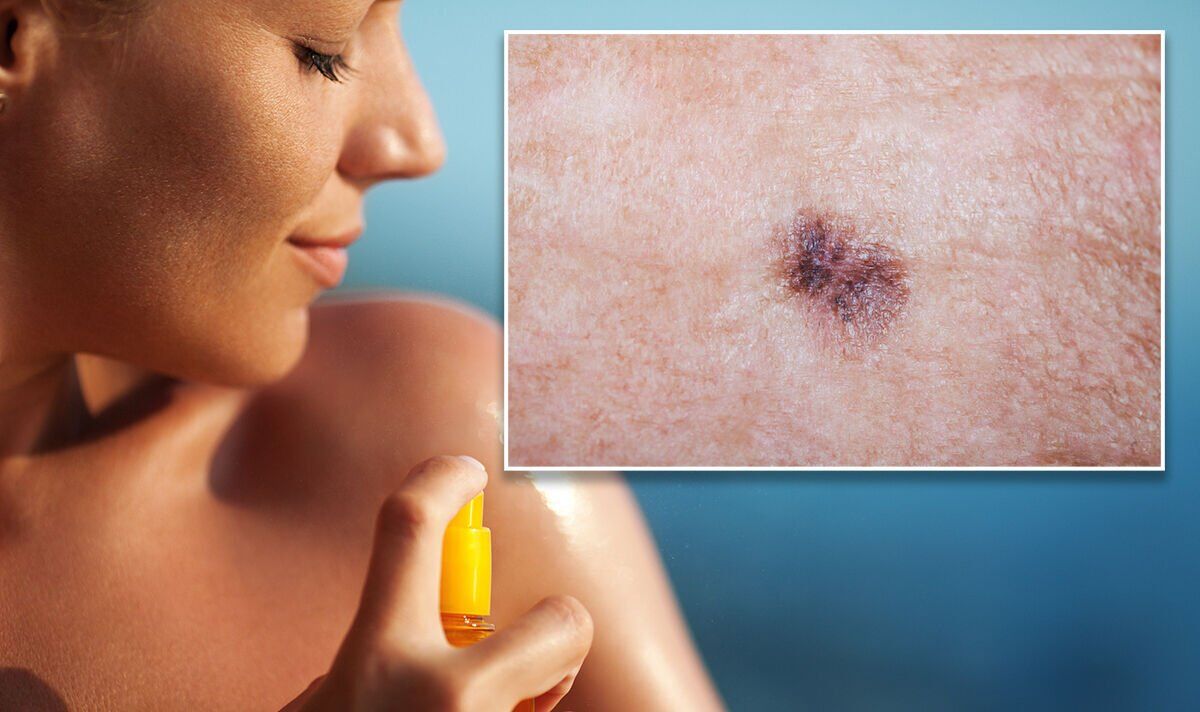Heatwave Warning: Health Department's Urgent Advisory

Table of Contents
A dangerous heatwave is sweeping the region, prompting the Health Department to issue an urgent heatwave advisory. Extreme temperatures pose significant health risks, particularly for vulnerable populations. This advisory outlines the dangers of extreme heat, provides essential safety tips, and details emergency resources available to the public. This heatwave warning is not to be taken lightly; your health and safety are paramount.
Understanding the Dangers of Extreme Heat
Extreme heat can have serious consequences, leading to heat-related illnesses like heat exhaustion and the life-threatening heat stroke. Understanding these dangers is the first step in protecting yourself and your community.
Heat Stroke: A Life-Threatening Condition
Heat stroke is a medical emergency. Symptoms include:
- High body temperature (above 103°F or 39.4°C)
- Confusion, disorientation, or slurred speech
- Seizures
- Loss of consciousness
- Rapid, strong pulse
- Headache
- Nausea and vomiting
If you suspect heat stroke, call emergency services immediately (911 or your local equivalent). Delaying treatment can lead to permanent disability or death. Heat stroke is a severe heat-related illness requiring urgent medical attention.
Heat Exhaustion: Recognizing the Warning Signs
Heat exhaustion is a less severe but still serious heat-related illness. Recognizing its warning signs is crucial to preventing it from progressing to heat stroke. Symptoms include:
- Heavy sweating
- Weakness
- Dizziness
- Headache
- Nausea
- Muscle cramps
- Fast pulse
If you experience these symptoms, move to a cool place, rest, and drink plenty of fluids. Cooling measures such as a cool bath or shower can help lower body temperature. If symptoms worsen or don't improve, seek medical attention. Heat exhaustion, while less severe than heat stroke, requires prompt attention and care.
Vulnerable Populations at Increased Risk
Certain groups are more susceptible to heat-related illnesses:
- Infants and young children: Their bodies regulate temperature less efficiently.
- Older adults: Their bodies may not adjust as well to temperature changes.
- People with chronic illnesses: Conditions like heart disease or kidney disease increase vulnerability.
- People who are overweight or obese: They retain more heat.
- Individuals taking certain medications: Some medications can interfere with the body's ability to regulate temperature.
These groups require extra care and attention during a heatwave. Family members and caregivers should monitor them closely and ensure they stay hydrated and cool. Specific preventative measures should be taken for each group to minimize the risk of heat-related illnesses.
Protecting Yourself During a Heatwave
Taking proactive steps can significantly reduce your risk of heat-related illness. This heatwave advisory strongly emphasizes implementing the following heat safety measures.
Staying Hydrated
Hydration is key to preventing heat-related illnesses. Drink plenty of fluids before you feel thirsty. Good choices include:
- Water
- Electrolyte drinks (especially after sweating heavily)
Avoid sugary drinks, alcohol, and caffeine, as they can dehydrate you further. Recognizing signs of dehydration, such as dark urine and dry mouth, is vital.
Seeking Shade and Cool Environments
Limit strenuous outdoor activities during the hottest part of the day (typically between 10 am and 4 pm). Seek out air-conditioned environments such as:
- Libraries
- Shopping malls
- Community centers
Fans can also help, but they are more effective in combination with air conditioning or when humidity is low. Cool showers or baths can provide immediate relief.
Wearing Appropriate Clothing
Wear lightweight, light-colored, and loose-fitting clothing to reflect sunlight and allow for better air circulation. Protect yourself from the sun with:
- A wide-brimmed hat
- Sunglasses
- Sunscreen with a high SPF (at least 30)
Emergency Resources and Assistance
Knowing where to turn for help during a heatwave is crucial. This heatwave advisory provides you with the following emergency resources and contact information:
Local Cooling Centers
Several locations in the area are designated as cooling centers offering relief from the extreme heat. A complete list with addresses, phone numbers, and operating hours can be found on the Health Department website [Insert Website Link Here].
Emergency Medical Services
In case of a medical emergency, call your local emergency number immediately (911 or your local equivalent). Prompt treatment for heat-related illnesses is vital.
Health Department Contact Information
For further information, inquiries, or updates regarding this heatwave advisory, contact the Health Department at:
- Phone: [Insert Phone Number Here]
- Email: [Insert Email Address Here]
- Website: [Insert Website Link Here]
Conclusion
This urgent heatwave advisory underscores the serious health risks associated with extreme heat. By understanding the dangers, adopting preventative measures, and knowing where to find resources, you can significantly reduce your risk of heat-related illnesses. Remember to stay hydrated, seek shade, monitor vulnerable individuals closely, and be aware of the symptoms of heat exhaustion and heat stroke. If you experience any symptoms, seek immediate medical attention. Stay informed about the ongoing heatwave warning and take the necessary precautions to ensure your safety. Check your local news and the Health Department website for updates on the heatwave advisory. Your health is our priority; let's work together to stay safe during this heatwave.

Featured Posts
-
 Preco 74 Ludi Odmieta Prenajom Nehnutelnosti Romovi
May 13, 2025
Preco 74 Ludi Odmieta Prenajom Nehnutelnosti Romovi
May 13, 2025 -
 Angelas Revenge Ali Larter Discusses Season 2 Of Show Name
May 13, 2025
Angelas Revenge Ali Larter Discusses Season 2 Of Show Name
May 13, 2025 -
 Scarlett Johanssons Commitment To Family Privacy The Importance Of Anonymity For Her Children
May 13, 2025
Scarlett Johanssons Commitment To Family Privacy The Importance Of Anonymity For Her Children
May 13, 2025 -
 Muslim Mega City Plans Prompt Major Police Search Of Mosque
May 13, 2025
Muslim Mega City Plans Prompt Major Police Search Of Mosque
May 13, 2025 -
 Elsbeth Vs Judge Crawford Will She Succeed In Episode 18
May 13, 2025
Elsbeth Vs Judge Crawford Will She Succeed In Episode 18
May 13, 2025
